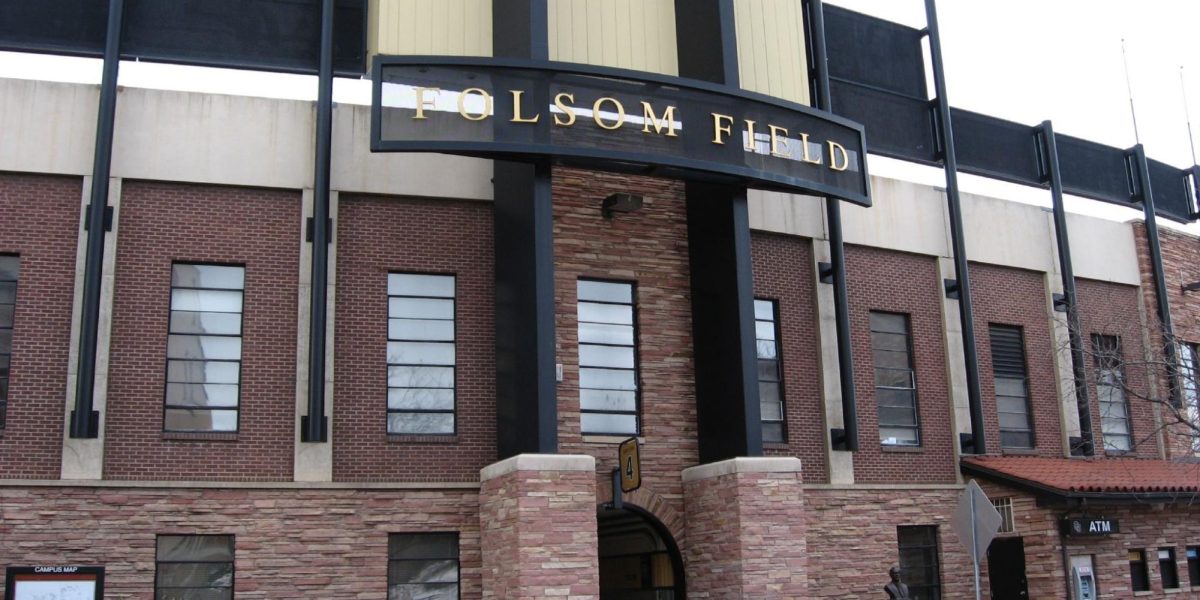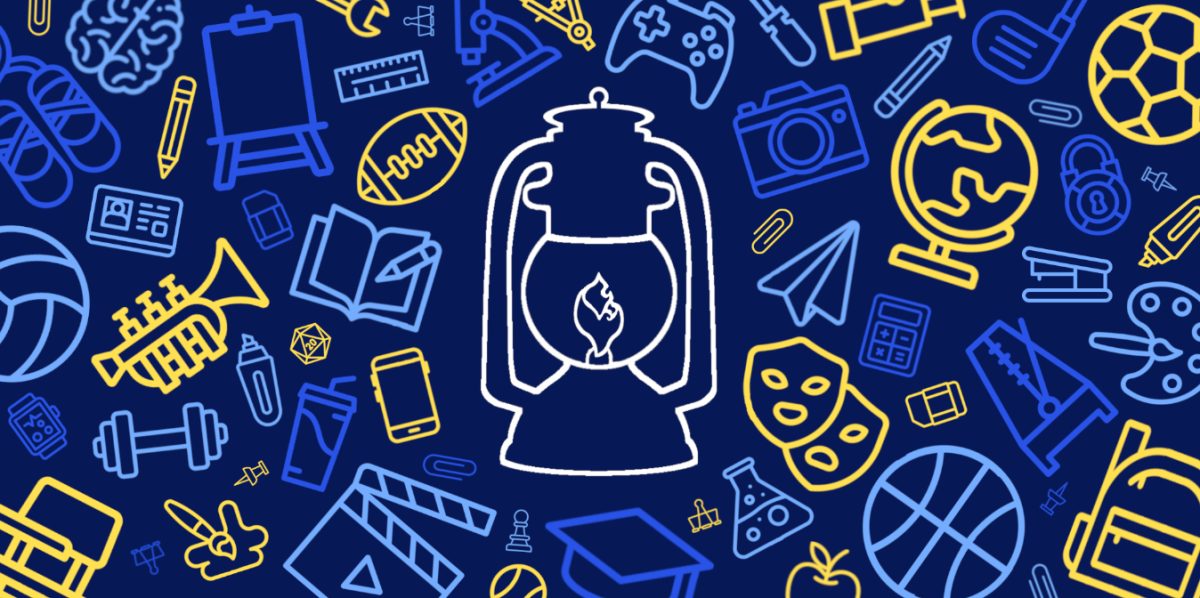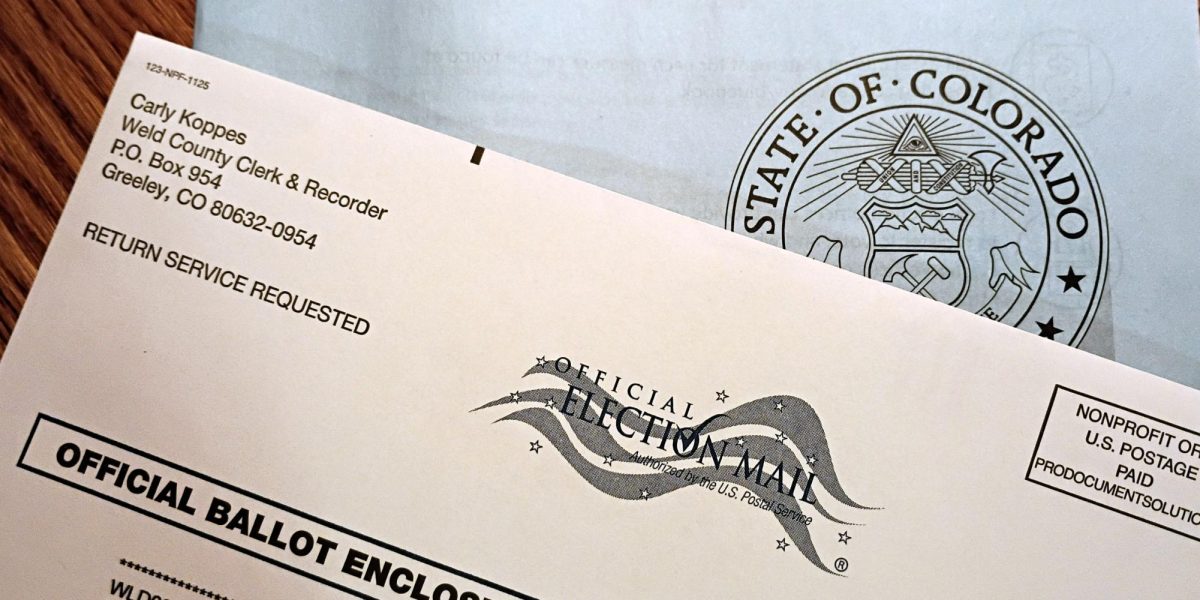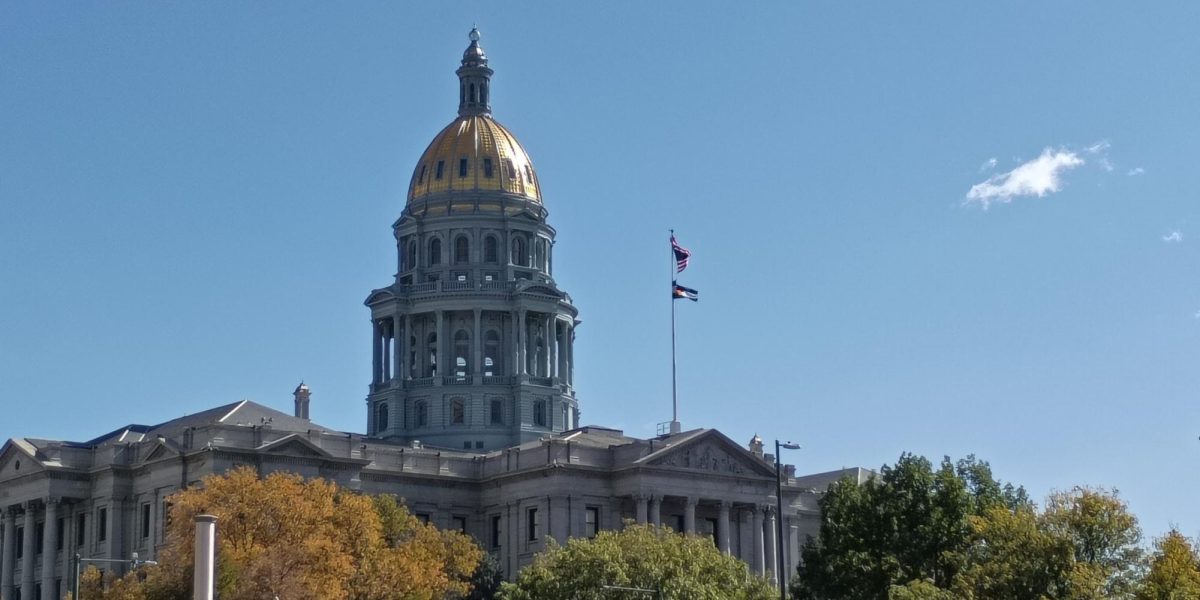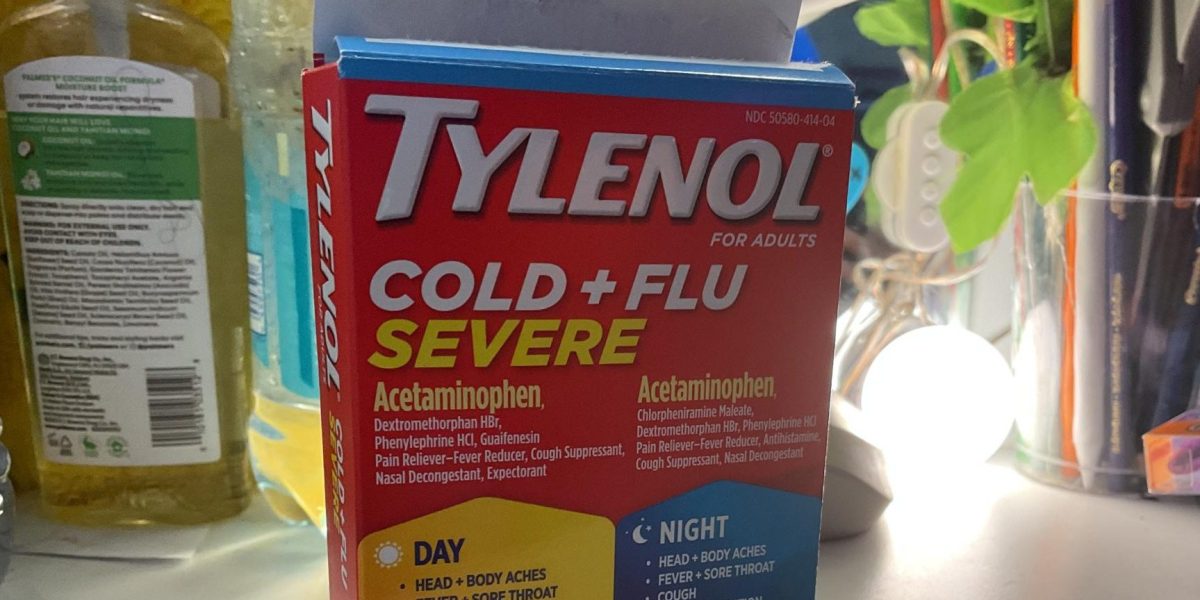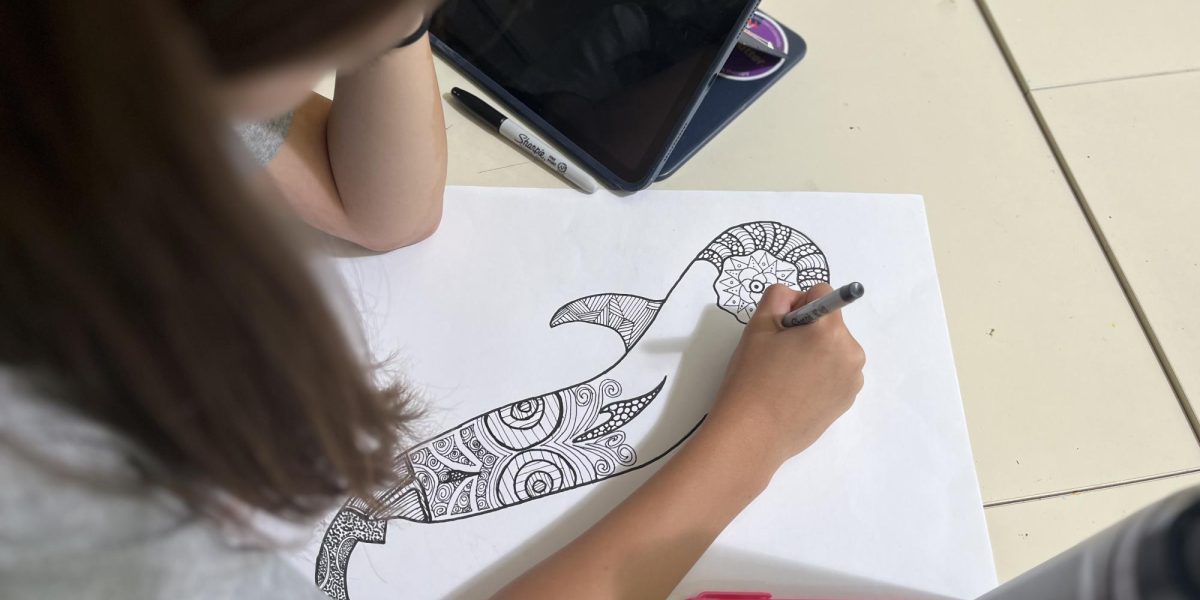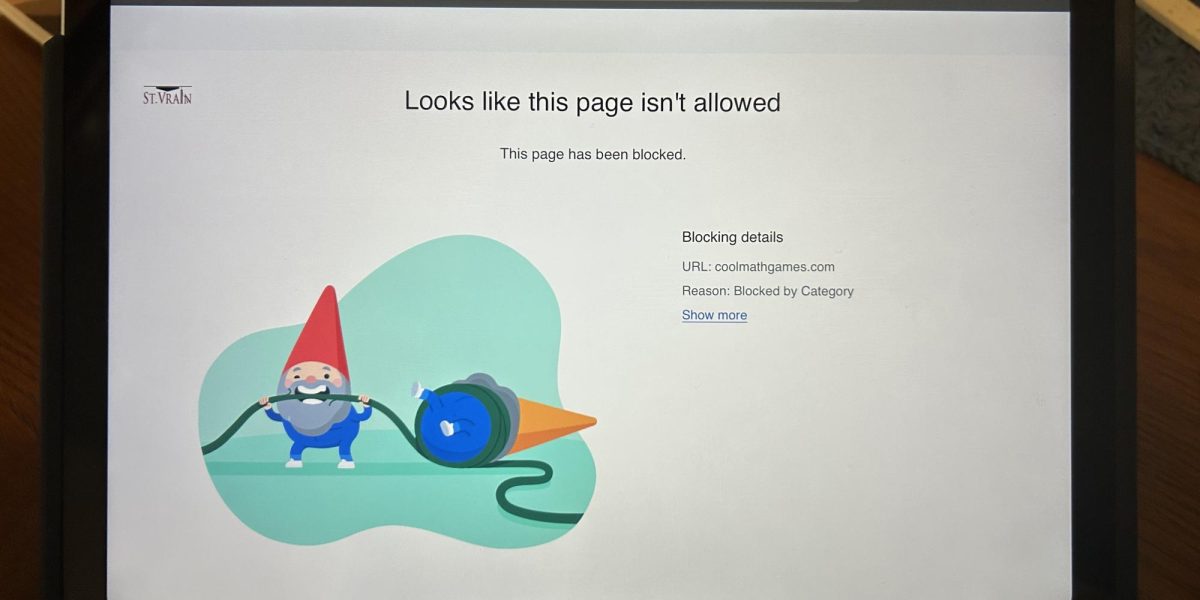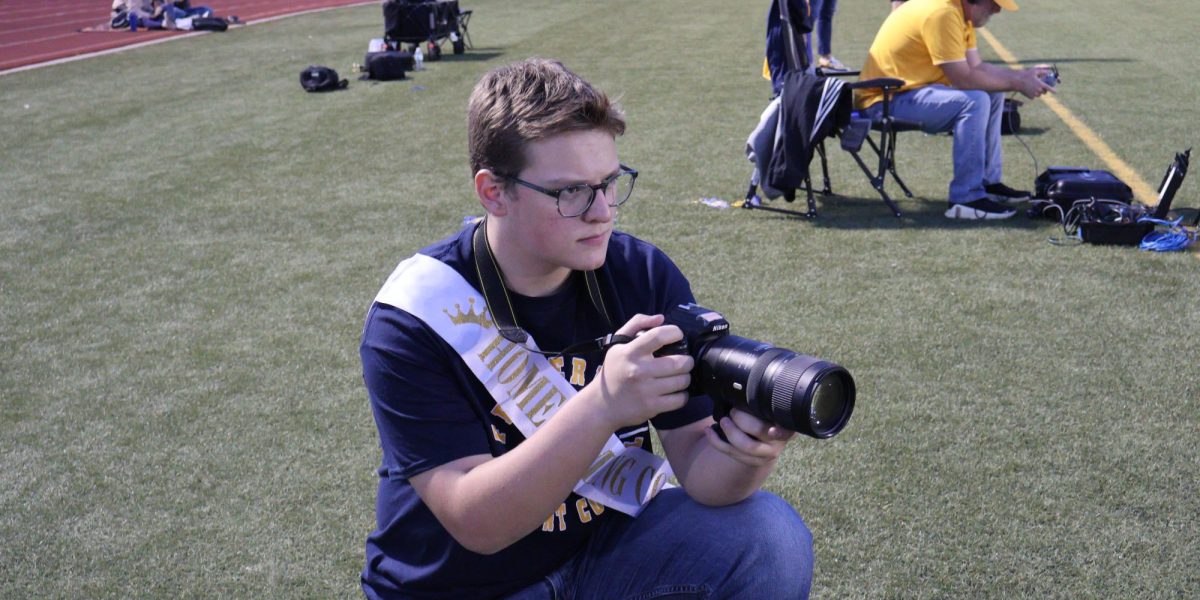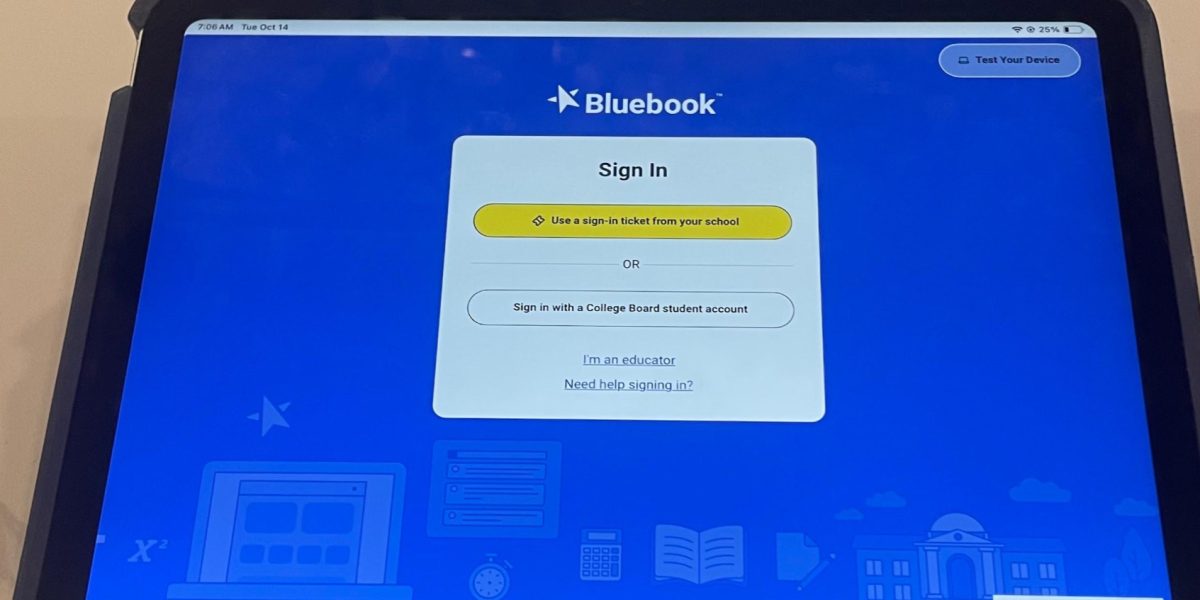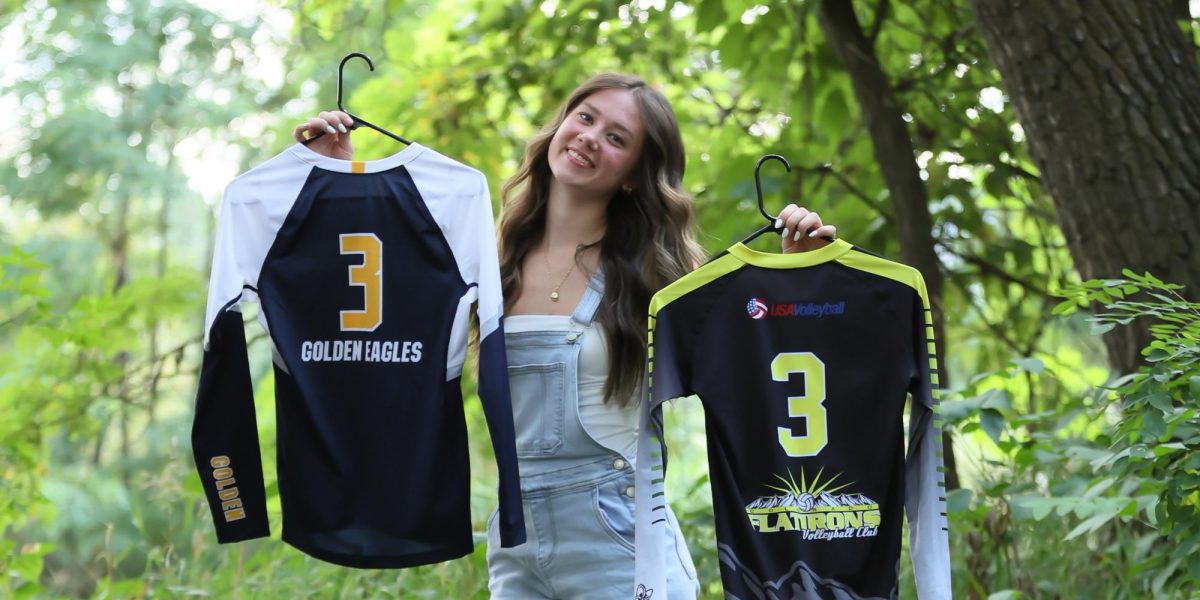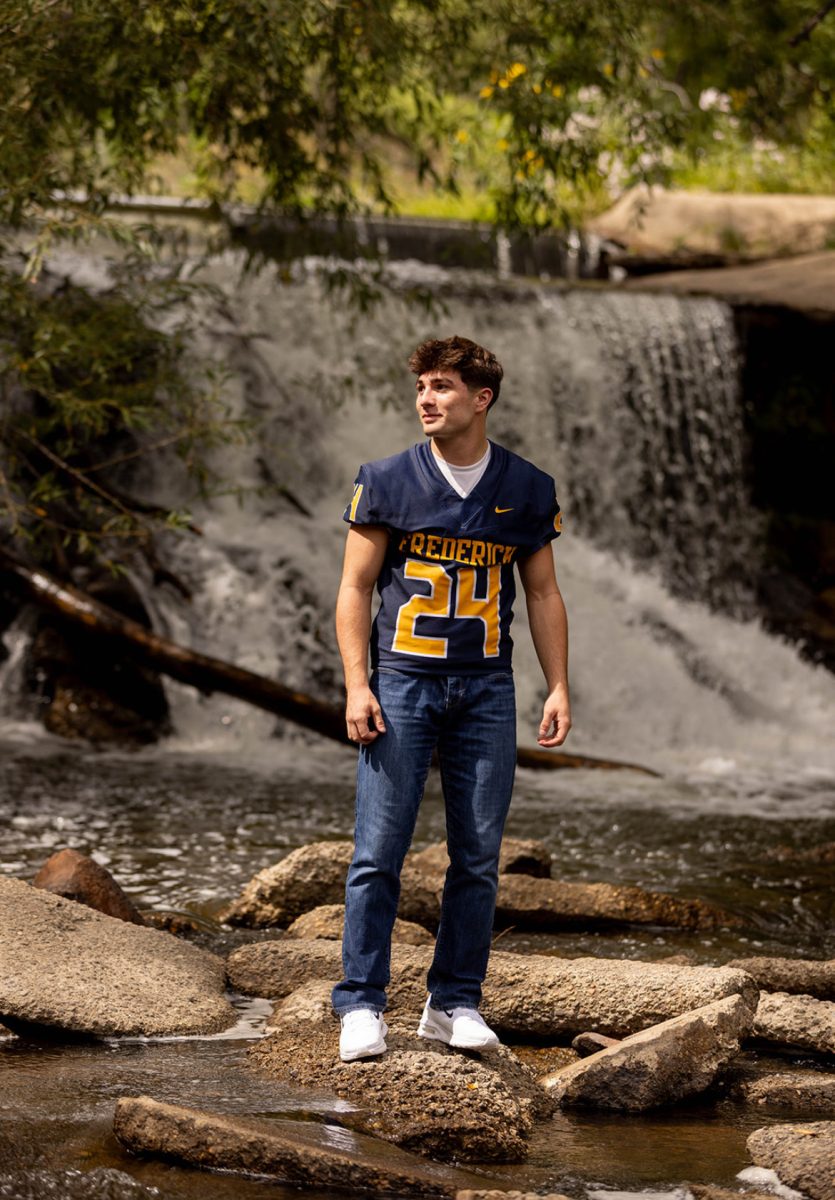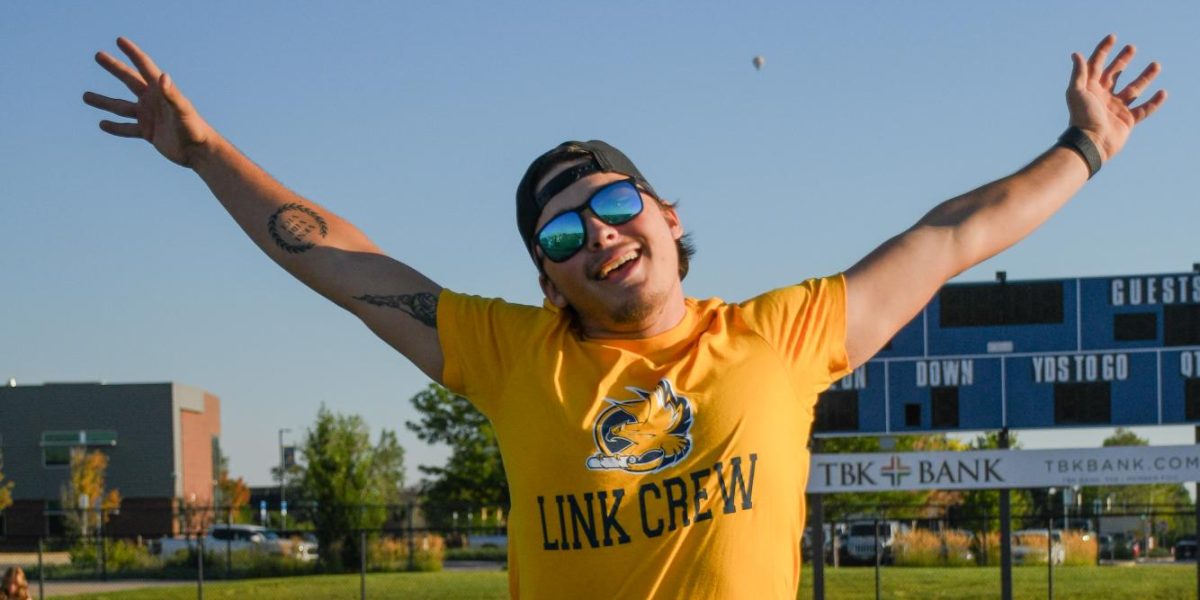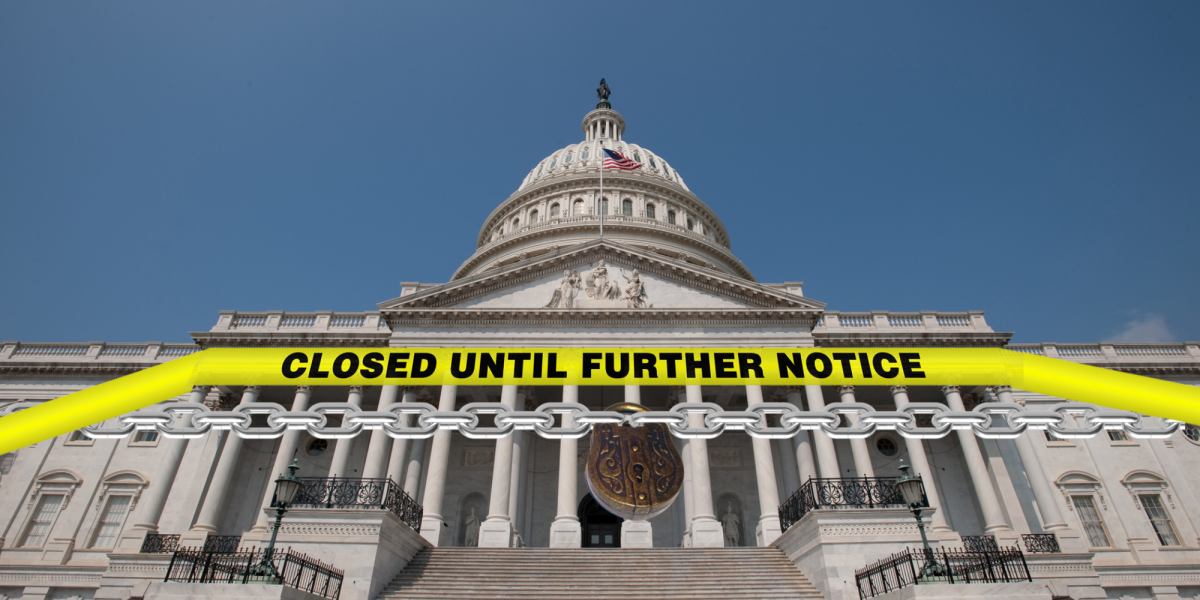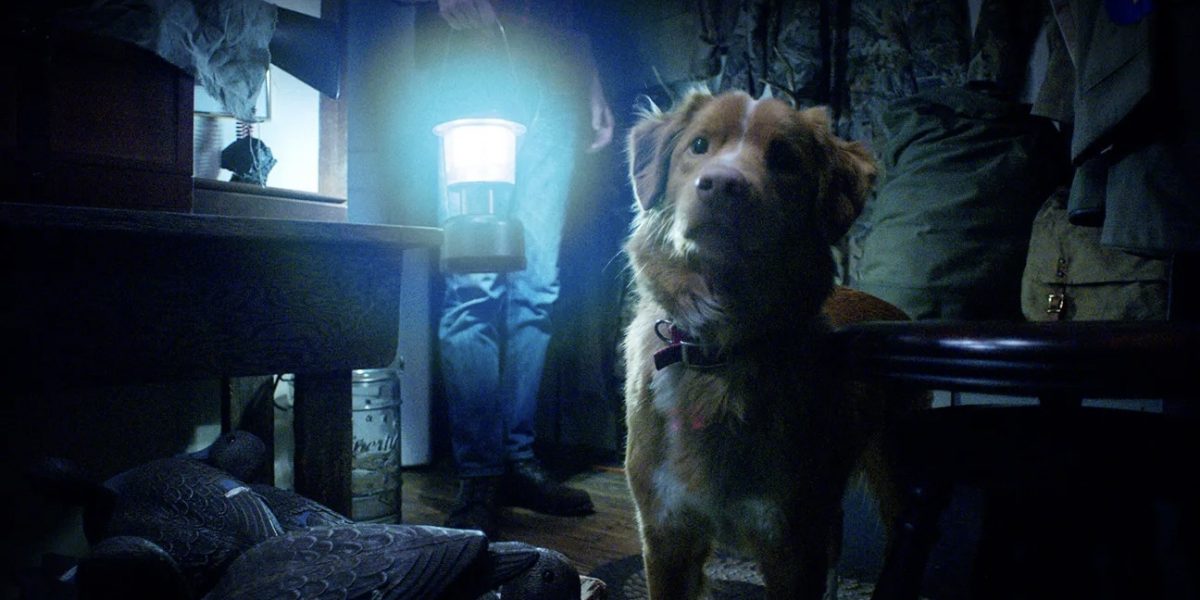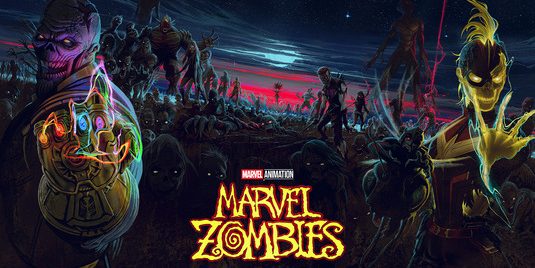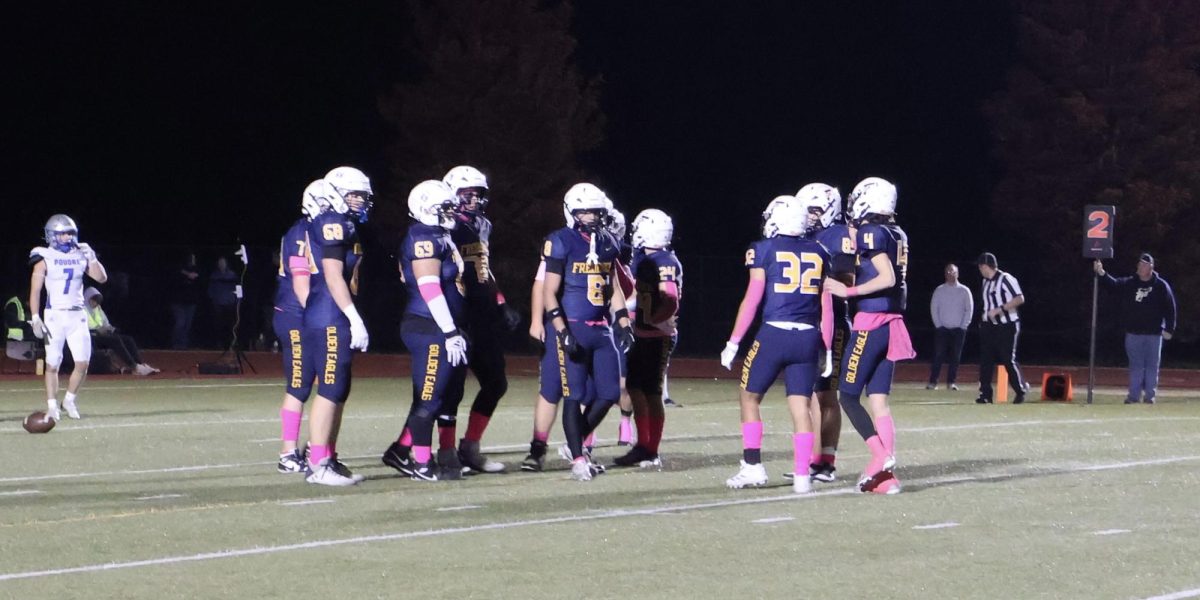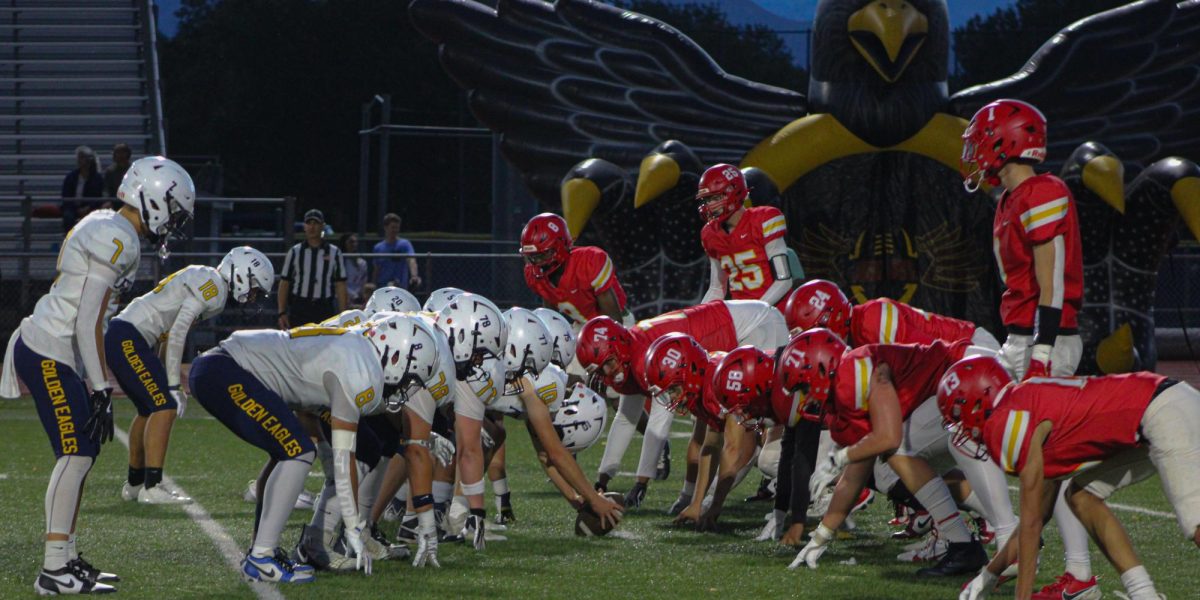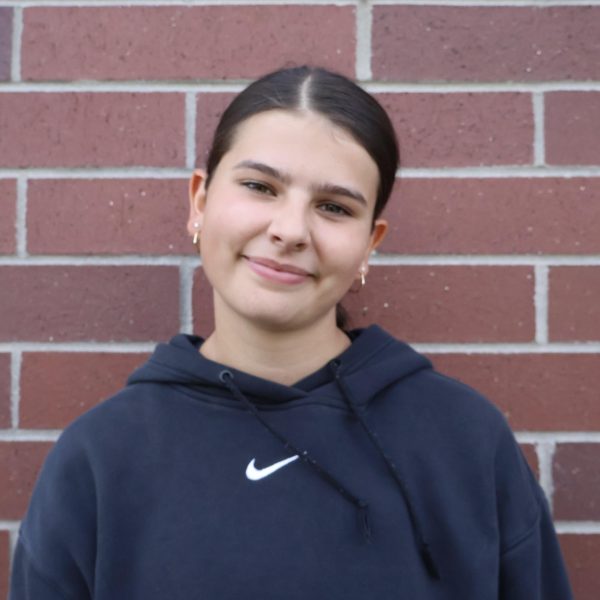At 7:45am an average of 1200 students walk through the doors of Frederick High School to start their seven-hour school day. As they settle into their classroom and open their iPads, many quickly run into a problem: almost every app or website is restricted, except for the small number of apps approved by the district.
News sites, educational games, and certain other learning apps are all blocked.
As of the 2025-2026 school year, SVVSD has placed restrictions on all iPads. The goal is to prevent access to inappropriate or distracting content. While this sounds good in theory, it cuts off students from valuable resources and limits creativity.
These iPad restrictions are not only affecting our iPads—they are also affecting the school WiFi and certain other devices like our phones.
Another new policy active this year bans phone use in the classroom. That rule can be very helpful for students who struggle with distractions or phone addiction, but in combination with WiFi limits, it leaves little flexibility for trust.
A sophomore, Autumn Albrighton says, “… the school WiFi restrictions can be really annoying, because there are times that we need to access an app for school, like watching a YouTube video for my AP seminar class. These restrictions also can make the WiFi laggy and certain websites unavailable on my phone, which can be frustrating for my parents when they need to contact me for important things.”
Schools like Frederick may claim these policies protect students, but in reality, they are harming our learning. It’s time for schools to rethink how they manage online access and should start teaching students responsibility while also giving them freedom.
The Classroom Barrier
The restrictions are supposed to keep students safe online, but they have become a wall for teachers and students.
Sophomore APUSH teacher Elizabeth Jonjak, when asked, ‘Do the restrictions affect your class? If so, why?’ She says, “I personally have found the WIFI restrictions to be difficult in terms of teaching history, as they often block videos and websites related to war and/or violent things, necessary for history. Luckily I can email the district the link, and they can approve it, but it is just another step on my plate… It is frustrating since we have to jump through so many more hoops in order to teach.”
In research-based classes, like AP Seminar, these blocked applications can make it harder for students to fully understand the purpose of research. This can lead to students relying on AI, and many may not be able to develop real research skills.
Is AI Allowed?
Yes, somehow.
Though news websites and some YouTube videos are blocked, AI is fully allowed. The district claims they’re trying to teach students responsible ways to use AI, but this is making things much worse. Now, students have full access to cheat on tests or fabricate assignments.
No teachers have spoken on the use of AI in their classrooms, which leads to irresponsible behavior when allowed access to AI, such as ChatGPT and Google Gemini.
If schools can trust students with AI, they should be able to trust them with responsible internet use, too.
We Need a Better Balance
It’s clear that schools don’t fully need to get rid of all restrictions, but they must find a better balance. Instead of blocking everything, districts need to find a better filter that allows students to go to certain websites on the occasional need for them.
Students should also take on more responsibility for how they use their iPads. Classes should also consider short lessons on how to manage the digital world—how to find good sources, avoid distractions, and stay safe. When students are taught this, they would have a better understanding of the policy and may respect it more.
Teachers should not have the same restrictions as students; when they are teaching to a large mass, they should have more flexibility and trust, just like Ms. Jonjak said before.
Schools also incorporate the idea of getting us prepared for college; in college not everything is blocked by a wall. By using safety and trust, students are more likely to prepare themselves for the change from high school to college. But when we are shut out, we cannot prepare ourselves in the correct way.
Schools should not be walls that block our knowledge; they should prepare us for the real world with respective knowledge.

